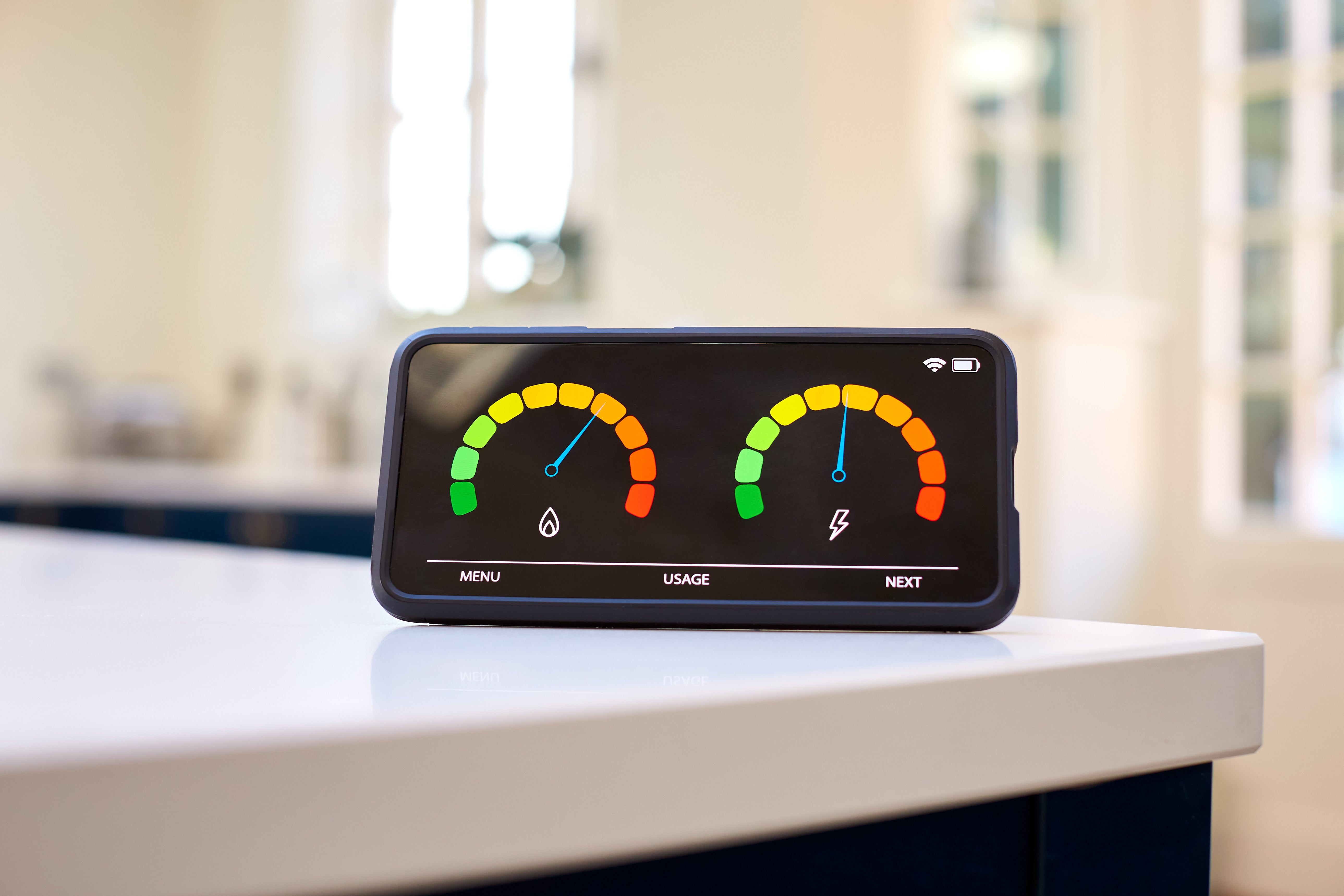Your support helps us to tell the story
From reproductive rights to climate change to Big Tech, The Independent is on the ground when the story is developing. Whether it's investigating the financials of Elon Musk's pro-Trump PAC or producing our latest documentary, 'The A Word', which shines a light on the American women fighting for reproductive rights, we know how important it is to parse out the facts from the messaging.
At such a critical moment in US history, we need reporters on the ground. Your donation allows us to keep sending journalists to speak to both sides of the story.
The Independent is trusted by Americans across the entire political spectrum. And unlike many other quality news outlets, we choose not to lock Americans out of our reporting and analysis with paywalls. We believe quality journalism should be available to everyone, paid for by those who can afford it.
Your support makes all the difference.An analysis of the government’s £450m Boiler Upgrade Scheme (BUS) suggests taxpayer funds are being diverted away from areas with high levels of fuel poverty to wealthier regions.
The research, undertaken by not-for-profit trade body Energy and Utilities Alliance (EUA), appears to show key regions such as London, the West Midlands, North East, and North West are losing out to Tory strongholds the South East and South West.
The UK government introduced a new grant scheme in March 2022 to incentivise people to replace their old gas boilers with low-carbon heating options, including heat pumps.
Boris Johnson’s administration made £5,000 grants available to households to help them to install low-carbon technologies.
The plan aims to make heat pumps – which run on electricity and work like a fridge in reverse to extract energy from the air or ground – no more expensive to install than a traditional boiler.
According to the EUA, London is set to lose out on £46 million, the North West £21 million, the West Midlands £15 million, and the North East by £6 million than if the money was allocated fairly across all regions. These regions contain the highest levels of fuel-poor homes in the country, meaning taxpayers’ cash is not helping those most in need.
However, a government spokesperson described the claims as “completely untrue” and the scheme had helped to tackle fuel poverty.

The biggest winner will be the South West up by £41 million and the South East receiving £16 million more.
Mike Foster, CEO of Energy and Utilities Alliance commented: “The energy price crisis has not gone away, despite the recent support announced by the new Prime Minister.
“While we welcome her intent, beneath the surface Whitehall still spends hard-earned taxpayers’ money on schemes that divert money away from where it would do most good.
“The Boiler Upgrade Scheme is subsidising people who frankly do not need help with their bills.
“Giving the well-off £5000 subsidies if they can afford to spend £13,000 on new heating systems just seems perverse when millions will struggle to pay their bills this winter.”
“The upshot is some regions will be losing tens of millions by the government trying to meet an arbitrary target set by the previous PM to subsidise new heating systems for a small minority, when the vast majority struggle to pay their bills.
“And paying 20,000 households over the next three years £5000 a time to do something they would have done anyway, is the very definition of wasting taxpayers’ money.
“That money could be better spent insulating homes right across every region in the country, permanently reducing both bills and carbon emissions.”
The EUA compared the regional allocation of cash from the BUS made up to the end of July with the number of properties in each region, and found the disparity in allocation.
A spokesman for the Department for Business, Energy & Industrial Strategy said: “These claims are completely untrue.
“The Energy Company Obligation (ECO) has seen energy suppliers install 3.4 million measures in around 2.4 million homes and we are now increasing the investment in energy efficiency measures for low-income households.
“This helped us make significant progress in tackling fuel poverty, with 1.49 million fewer low-income households living in the least energy efficient homes compared to before ECO began in 2013.”




Join our commenting forum
Join thought-provoking conversations, follow other Independent readers and see their replies
Comments